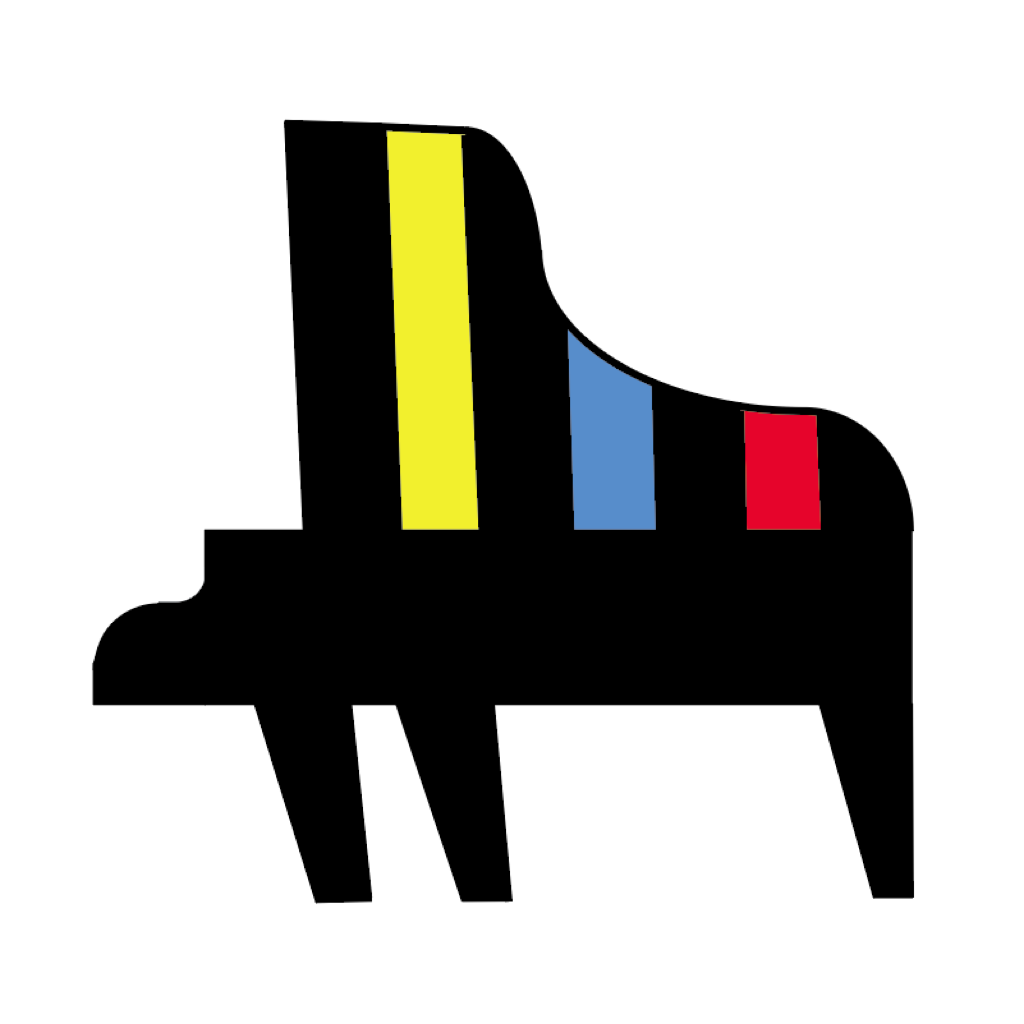 |
|
Class
Piano
Resource Center |
Composer Biographies: Kabalevsky
Dmitri Kabalewski (1904 - 1987)
Dmitri Kabalevsky, the Russian composer, pianist, pedagogue and writer on music, was born on 30 December 1904 in St. Petersburg. His earliest training was in no way focussed upon a musical career. His father was a mathematician and worked in a Russian insurance company. His intention was to have his son trained in mathematics and national economics as well. Kabalevsky revealed musical talent early on. He wrote poems, drew and received piano lessons.
In 1918 the family moved to Moscow. During these years the boy had not yet given up drawing, receiving parallel piano instruction at the Scriabin Institute under Selyanov. In 1922 Kabalevsky passed the entrance examination at the Engels Socio-National Economic Institute, but did not register there as a student. At this time, his decision to become a pianist was ripening. This is when he also began his pedagogical activity, also playing the piano to accompany silent movies and appearing as piano accompanist at the Scriabin and Rubinstein Institutes. During this time he also began to compose, his first pieces having been written for his pupils.
In 1925 he began his training at the Moscow Conservatory, studying composition under Catoire and subsequently under Miaskovsky, also continuing piano studies under Goldenveyzer.
The influence of his teacher Miaskovsky on Kabalevsky was to be very strong. The first compositions to become known beyond the borders of the former Soviet Union were the First Piano Sonata, the String Quartet No. 1 and the Piano Concerto No. 1. Kabalevsky's career as a writer on music also began in 1927, with his work at the ASM periodical Sovremennaya. From 1930 he worked as an editor at the music publisher Muzgiz. In 1932 he took over an assistant professorship at the Moscow Conservatory; this was transformed into a full professorship in 1939.
The years 1932-1941 were the most influential ones in Kabalevsky's development as a composer. Most of his music for the stage and for radio productions was written during this time. Now Kabalevsky came to terms with the genre of music theatre. The opera "Colas Breugnon" was based upon a subject by Romain Rolland.
In 1952 the meanwhile internationally recognised and esteemed pedagogue, author and composer became Secretary of the Board of Directors of the Soviet Composers' Union. Besides stage works and vocal compositions, Kabalevsky's instrumental works, especially chamber works and pedagogical piano works, are at the centre of his interest. His predominantly lyrical musical language, rooted in folk music, is clearly influenced by the 19th century Russian musical tradition.
Kabalevsky died in 1987.
